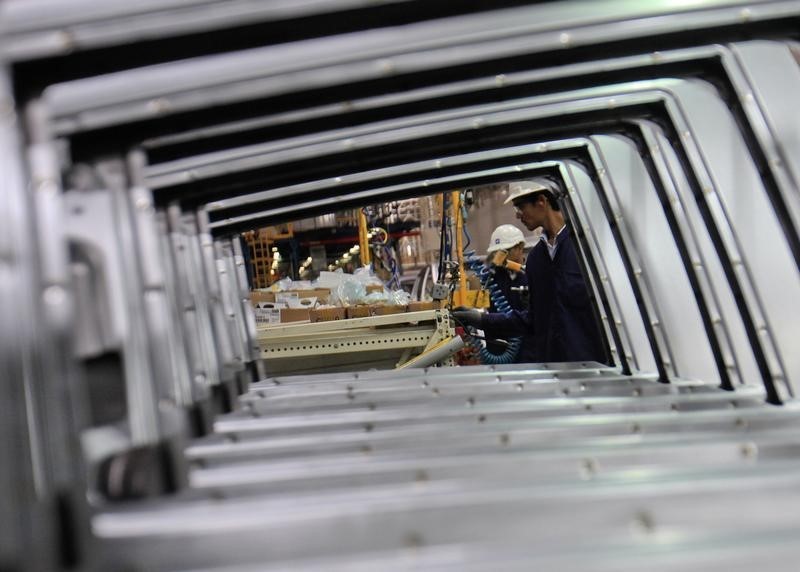By Michael Elkins
UBS conducted the seventh wave of its annual UBS Evidence Lab EV consumer survey with results showing 46% of consumers are likely to consider buying a fully electric car (BEV), a 3%-pts decrease y/y, marking the first sequential decline since the survey’s inception in 2016. UBS analysts believe that the decline was driven by European markets on affordability concerns.
They wrote in a note, “While we remain highly confident about growing EV adoption with 26% share in 2025E and 51% in 2030E (China & US as key growth drivers near-term), we slightly cut estimates for Europe to reflect the more muted sentiment. As the industry is no longer supply-constrained, we expect an era of price wars to boost growth while driving seismic shifts in the industry.”
American EV giant, Tesla (NASDAQ:TSLA) kept its lead in the brand survey with 42% of BEV purchase intenders considering Tesla as their number one choice. However, in China, Tesla lost its top rank to BYD (SZ:002594); now these two brands lead all others by a wide margin.
The survey showed that there is growing skepticism about EVs y/y, mainly for affordability reasons. In Europe, UBS attributes this to higher electricity prices, the debate about potential power shortages, and lower EV subsidies. However, assuming full price parity between BEV and ICE cars, consumers would still prefer to buy a BEV over a conventional gasoline car (30% vs. 24%). This will likely become relevant as the EV price war has started to unfold.
To reflect survey findings, UBS moderately cut its near-term forecast for Europe, but still expects 26% global EV penetration in 2025 and 51% in 2030, vs. 12% in 2022.
